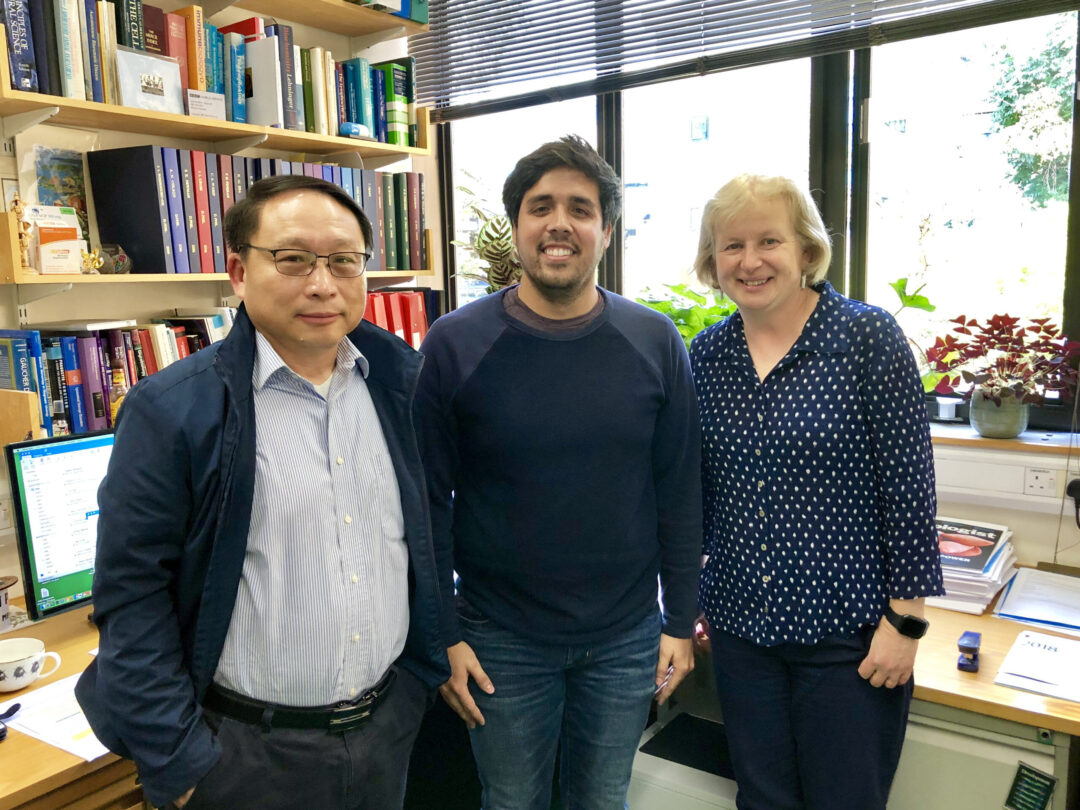The Gregory Paul Lenardo Basic Science Award was graciously endowed by NIH Oxford-Cambridge Scholars Program co-founder, Dr. Michael Lenardo, in loving memory of his brother. First awarded in 2016, this annual award recognizes discoveries of fundamental cellular, molecular, or genetic processes using model systems that advance scientific understanding of biological processes in higher organisms. This year at the virtual Annual NIH Global Doctoral Partnerships Research Workshop, the recipient of the Gregory Paul Lenardo Basic Science Award was 2016 NIH-Oxford DPhil ScholarJoseph Roney. Joseph is mentored by Dr. Zu-Hang Sheng at the National Institute of Neurological Disorders and Stroke (NINDS) and Professor Frances Platt at the University of Oxford.
Joseph revealed a novel pathological mechanism underlying axonal dystrophy of Niemann-Pick Type C1 disease (NPC1), a neurodegenerative lysosomal storage disorder characterized by the accumulation of cholesterol in endo-lysosomes. This work was recently published in Developmental Cell and a second paper has been accepted in Autophagy, with Joseph as the first author.
His nominator shared “Joseph is an outstanding young scientist with an impressive scope of knowledge and unique multidisciplinary expertise. His reputation is best exemplified by his role as an invited speaker in international symposiums such as ASCB and EMBO societies. For all of these reasons and more, Joseph is truly deserving of recognition by the Alliance with the Gregory Paul Lenardo Basic Science Award for Discoveries in Cellular and Molecular Biology for his outstanding contributions to the emerging research field and pathological mechanisms underlying axonal dystrophy of NPC1 disease.”
“I am very grateful and honored to receive the Gregory Paul Lenardo Basic Science Award this year and hope that this will help shine some light on NPC disease. Thank you to my mentors and colleagues for their generous support and guidance throughout my time in the program and to the Program Leadership and International Biomedical Research Alliance for their continued support, with special thanks to Dr. Lenardo for endowing this award,” stated Joseph.
Joseph completed his DPhil in May of this year and started a short-term postdoc in his NIH lab, as he looks into other opportunities that will help advance our understanding of neurodegenerative diseases and contribute to drug discovery efforts in this area.

